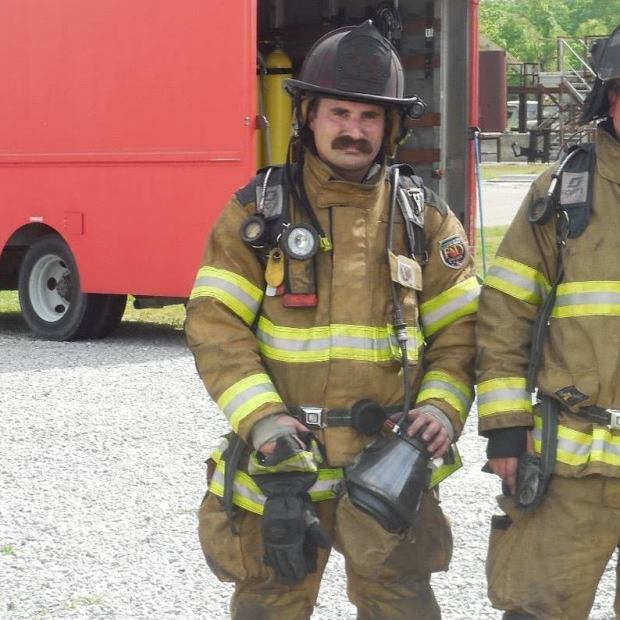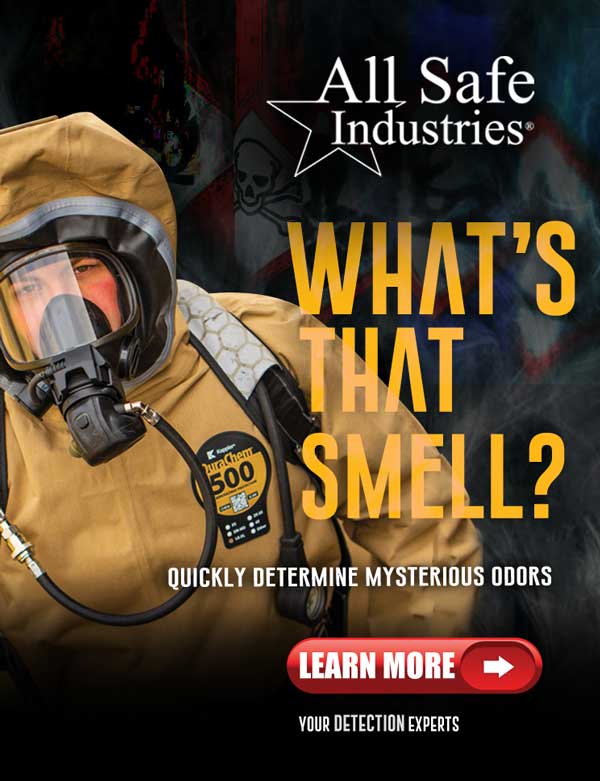Industrial Fire Familiarization: Shaping an Industrial Leader
All too often in the fire service we are subjected to leadership that leaves much to be desired. Whether it be a training session where an underprepared instructor tries to tell us about a subject that we can all tell is foreign to them, or it be an incident scene where officers can’t seem to work together for enough time to formulate a decent plan. Now, I understand that everyone has to start somewhere, and that nothing will ever be perfect on the fire ground, however, that does not mean we need to settle for mediocrity from the leaders we look to everyday. Let’s discuss some key points that I have found make Industrial responders stronger, and more capable of becoming leadership quality individuals.
Facility Knowledge
In the competitive world of oil and chemical processing, the place in which you protect is an ever changing atmosphere. With new technology comes new equipment, and new markets may bring new products. The ability to stay up to date in a facility that changes day to day not only gives your team the best chance at success, but also lowers your chances at being caught off guard from a process you have to learn on the fly – at the wrong time. At the same time, this also means being versed in how your current processes do what they do. What equipment does, the basics of how it works, and what is the most probable point of failure – all questions we need to be asking ourselves on a daily basis.
HAZMAT Strength
The dreaded subject they made us all learn when all we wanted to do was become a firefighter. Manipulating different chemicals into more useful products is the name of the game in the industrial world. One thing that we have easier than the municipal world, is that we can generally narrow down our products involved with an incident much quicker than they can. But how much does it really help when you are told the product is Perchloroethylene if you lack the necessary skills to decipher your plan of attack from that point on? We do not all have to become HAZMAT specialists, but we do need some basic skills to be able to function at a chemical incident. Being fluent at understanding a SDS, being able to identify containers, and learning your facilities most common products are necessity.
Fire Training
One thing that always sticks out to me, is someone who is hesitant to make a decision on the fire ground. I want to know that the officer in charge of my operation has, at least at some point in their life, immersed themselves in studying firefighting enough that made this very moment something they’ve looked forward to, and will crush without effort. Having new, fresh ideas for regular training and a passion to drive your crew to train goes a long way. There is no more room in the fire service for crews who do not train. Whether it’s something as complex as capturing an LPG fire, or as simple as learning to pump the truck, get out and train.
Be the Person You Want To Answer To
At the end of the day, we all need to be the best responder that we can be, not only for our community, but for ourselves. If you do not motivate yourself enough to become better, you will never be able to motivate anyone else to better themselves. My last piece of advice is to strive to be the person that you would want to answer to, or follow. If you feel you are weak in some areas, train on them. If you feel you need to communicate better, practice. No one says you have to be perfect to be regarded as a leader, but you do need to know how to strive for it.
Sign up for the Hazmatnation mailing list!

About the Author
Ryan Henry
Ryan Henry currently serves as the training officer for two volunteer fire departments in Calcasieu Parish Louisiana. Ryan also works in operations at a major gulf coast oil refinery, and serves as an ERT firefighter, as well as their Hazardous Material Response Team Training Coordinator. Ryan holds an AAS degree in Process Plant Technology and currently serves as a LSU/FETI Lead Evaluator for Louisiana.



